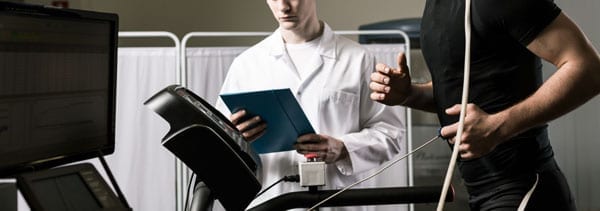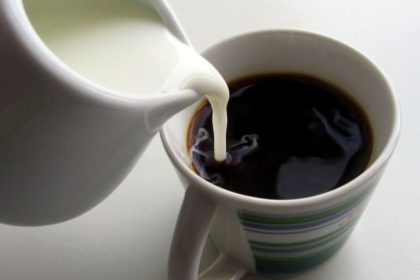
When I first started working in cardiac rehabilitation as a new college grad, one of my Phase 3 cardiac rehab patients had a heart attack when he was only 35 years old. If that wasn’t unsettling enough, he had his heart attack the DAY AFTER he “passed” his treadmill test. Back then, I couldn’t understand how that could possibly happen, but I now know better.
How Sensitive Is Your Treadmill Test?
Here’s what you need to know. Currently, the exercise ECG is the most cost-effective first-line screening tool, but its accuracy relies on the ‘sensitivity’ of the test. Sensitivity refers to the percentage of cases in which exercise testing accurately identifies the presence of coronary artery disease (CAD). Unfortunately, the exercise ECG it is not 100% sensitive to detecting coronary artery disease.
Per the American College of Sports Medicine, the current sensitivity for detecting CAD using the exercise stress test is only about 70%. In other words, if you test 100 cardiac rehab patients with documented coronary artery disease, only 70 patients would show evidence of CAD per the stress ECG test. If you’re one of the 30 remaining patients, where does that leave you?
False Negatives
Well, don’t start your celebratory dance (or meal) just yet. It just means that you may fall in either of the following groups:
- You have a negative stress test. That is, you actually “passed” and show no signs of coronary artery disease.
- You have a false-negative finding. This means you’ve been given a negative stress test result (normal) where no CAD ‘appears’ to be present, but you actually have CAD.
The bottom line… a negative exercise ECG test is no guarantee that you do NOT have coronary artery disease (CAD) even if your cardiologist tells you, “Everything looks great! See you in a year.” So sorry to burst your bubble, but that’s the reality. Cardiac events that occur after a negative stress test happen all too often, but it’s not so perplexing to me anymore.
Causes of False-Negatives (Lower Sensitivity)
Stress test results are only as valuable as your performance, the technician’s monitoring, and the test interpretation. Here are some factors that may increase your chances of a false-negative finding:
- Failure to reach an ischemic threshold. That is, you did not reach a point in the test where your heart tissue received inadequate oxygenation. The test was terminated before this occurred.
- Insufficient number of leads were monitored which reduced the chances of detecting ECG changes.
- Failure to recognize non-ECG signs and symptoms that may be associated with CAD (e.g., a drop in blood pressure during exertion with increasing workload).
- Compensation by collateral circulation. That is, if you have a blocked artery or vein, your body may “re-route” circulating blood via nearby smaller vessels.
- Musculoskeletal limitations (i.e., knee or hip pain from osteoarthritis, leg fatigue or general frailty) require termination of the test before cardiac abnormalities have a chance to occur.
- Technician or observer error.
Exercise stress echocardiography has a higher sensitivity (about 80-88%) than exercise ECG, so opt for an echo stress test whenever possible.
![]() Karen’s Fit Tip: As long as you are aware of the false sense of security that comes with a negative stress test, you can still take steps now to prevent the progression and even cause the regression of CAD. Follow an anti-inflammatory eating plan which includes ground flaxseed, fiber and other healthy fats; and keep your stress, pain and allergies to a minimum to reduce the damaging effects of cortisol. Remember… a happy heart is a healthier heart.
Karen’s Fit Tip: As long as you are aware of the false sense of security that comes with a negative stress test, you can still take steps now to prevent the progression and even cause the regression of CAD. Follow an anti-inflammatory eating plan which includes ground flaxseed, fiber and other healthy fats; and keep your stress, pain and allergies to a minimum to reduce the damaging effects of cortisol. Remember… a happy heart is a healthier heart.





